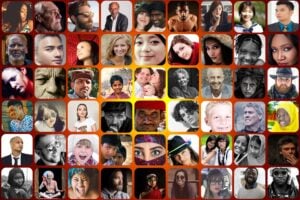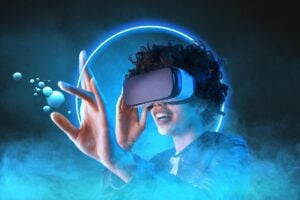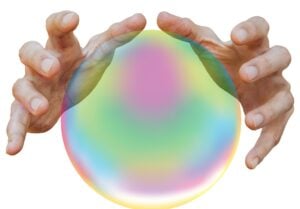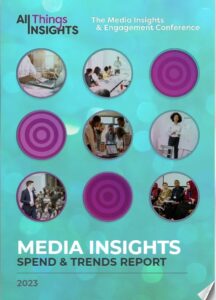Notes from the Field
Ethnographic research can often take human insights to the next level, with its emphasis on deep observation, immersion into the consumer lifestyle and experience, in-depth interviews, and unearthing cultural contexts and cues. This can lead to uncovering unspoken needs and desires, leading to innovative product development and marketing strategies.
Surveys, segmentation and demographics all play a role in market research, to be sure, but anthropology is said to discover insights deeper and under the surface, identify cultural and emotional context and to avoid the risks of stereotyping.
“To truly connect with consumers and drive impactful innovation, we need a deeper, more human-centered approach grounded in cultural anthropology and belief-driven understanding,” writes Cheryl Auger, Senior Director of Consumer Insights at Lux Research, in her blog, “Stop Stereotyping: Why Your Targeting Strategy Needs Anthropology, Not Just Analytics.”
Auger notes that in an era of personalization and crowded marketplaces, targeting is more important than ever: “When brands understand who they’re speaking to, and not just what they look like on paper, they can craft content, products, and experiences that emotionally resonate.”
Lux Research’s methodology for building belief-driven, human-centric personas takes an approach beyond demographics. This includes:
- Map belief systems: Identify the core ideas that drive this group and what they value; get a deeper understanding of their aspirations and anxieties.
- Spot meaningful trends: By identifying shifts in values or language, we help clients get ahead of the curve, not chase it.
- Track cultural maturity: Is a belief emerging, peaking, or declining? This helps prioritize messaging and product timing.
- Understand emotional and social Jobs to Be Done: Consumers “hire” products to meet emotional needs (control, confidence), social needs (status, belonging), and functional needs (speed, utility). Understanding these necessities helps us build human-centric personas.
Anthropology Animates New Campaign
TMRE 2025 will include the session, “From Insight to Impact: How Anthropology Powered the WcDonald’s Campaign at McDonald’s.” The presentation will be held by Cheryl Auger, Senior Director of Consumer Insights at Lux Research; and Jacob Ford, Director of Go-to-Market Customer Insights at McDonald’s USA.
How do you tap into nostalgia, fandom, and identity without missing the mark? The answer lies in anthropology. In this session, Auger and Ford reveal the anthropological strategy behind McDonald’s imaginative and culturally resonant WcDonald’s campaign — a creative initiative inspired by anime’s long-standing obsession with the golden arches.
As brands strive for deeper, more authentic consumer connections, traditional segmentation and surface-level trendspotting often fall short. The WcDonald’s campaign exemplifies how uncovering the why behind cultural behaviors, rather than simply tracking the what, can unlock breakthrough creative and commercial opportunities.
Leveraging Lux Research’s ethnographic tools, the team unearthed rich meaning systems embedded in anime fandom, nostalgia, and cultural hybridity. These insights empowered McDonald’s to engage in a passionate subculture with authenticity while avoiding appropriation and amplifying resonance.
Attendees will walk away with a new understanding of anthropology not just as the study of people, but also as a powerful lens for decoding the evolving meanings that shape culture, behavior, and brand relevance.
Deploying a ‘Must Have’ Research Tool
Anthropological research may have seemed like a “nice to have” once upon a time ago as the interest in behavioral science has ebbed and flowed. However, it’s become more important than ever to leverage ethnographic tools to drive insights and understand the consumer, and to stay ahead of ever intensifying competition and a dynamic marketplace.
As Auger observes, “Integrating anthropology into your toolkit allows you to uncover why people behave the way they do — not just who they are on paper. This shift fuels more resonant storytelling, more aligned innovation, and ultimately, more meaningful connections with consumers. In today’s cultural climate, anthropology isn’t just a nice-to-have; it’s a strategic imperative for building brands and products that matter.”
Video: “Ethnography in Action: How Lindsey Goodman Turns Observation Into Innovation,” courtesy of AYTM.com, Ask Your Target Market.
Contributor
-
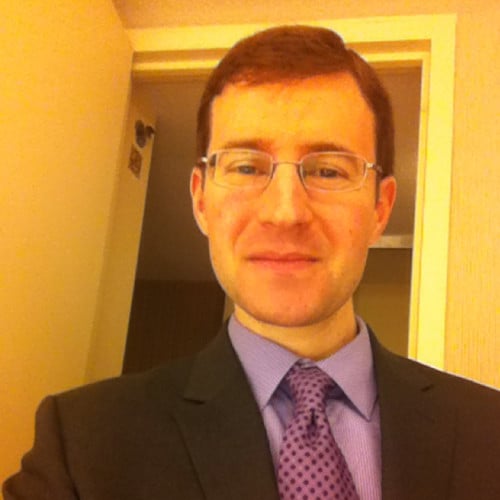
Matthew Kramer is the Digital Editor for All Things Insights & All Things Innovation. He has over 20 years of experience working in publishing and media companies, on a variety of business-to-business publications, websites and trade shows.
View all posts







